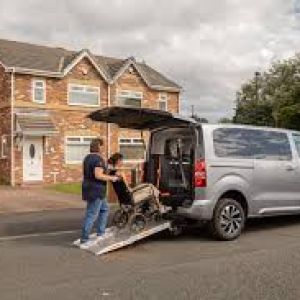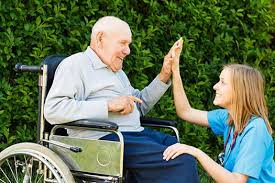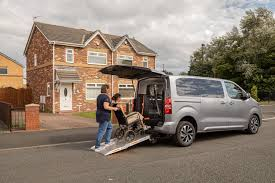
What to do if a loved one has limited mobility?
Understanding the limitations and capabilities of a loved one’s body is the first step to helping them. Medical conditions can aggravate mobility issues. As an example, osteoporosis or arthritis can make it hard for someone to move. Certain medications may also make the problem worse. Also, diabetes and obesity can lead to a decrease in mobility. Weight gain can make mobility more difficult because it puts additional strain on joints and bones.
Medication or physical therapy may be used as part of the treatment. Surgery may be necessary in some cases. Mobility aids can also be a great tool to help those with limited mobility. You might also consider the benefits of WAV Vehicles. For details on WAV Vehicles, visit Clarke Mobility.
Encourage your loved one, if possible, to stay active. Ask your doctor for suitable exercises and assist them in performing them. Exercises may include chair exercises, simple stretches or short walks. It is important to follow a structured exercise programme in order to avoid a decline of your loved one’s health.
Encourage your loved one to become more active. This is the first step to helping them. Encourage your loved ones to take part in physical therapy. This can improve their strength and balance. Mobility aids are a great way to encourage your loved ones to keep doing their favourite activities.


Leave a reply